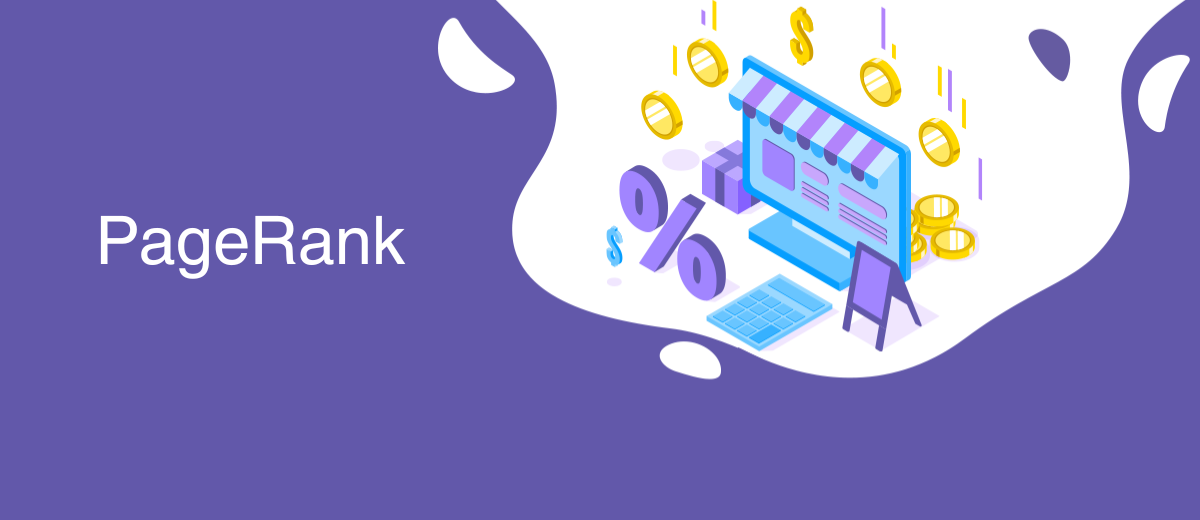PageRank
PageRank is a link analysis algorithm developed by Larry Page and Sergey Brin, the co-founders of Google, while they were students at Stanford University. It was initially used by Google as the primary method to rank web pages in its search results, hence the name "PageRank." The algorithm is based on the premise that the importance of a webpage can be determined by the number and quality of other webpages linking to it.
PageRank works by assigning a numerical score to each webpage, which indicates its relative importance within the entire set of webpages. The algorithm considers both the quantity and the quality of inbound links to a page. A link from a highly ranked webpage carries more weight than a link from a lower-ranked webpage. In other words, a webpage's PageRank is influenced by the PageRanks of the webpages that link to it.
- Automate the work of an online store or landing
- Empower through integration
- Don't spend money on programmers and integrators
- Save time by automating routine tasks
Over the years, Google has updated and improved its search algorithm, incorporating numerous other factors to determine the ranking of web pages. Although PageRank is no longer the sole determinant of search rankings, it remains an essential part of Google's search algorithm.
Understanding and optimizing for PageRank is crucial for webmasters and digital marketers, as higher-ranked pages tend to receive more organic traffic from search engines. To improve a webpage's PageRank, it is essential to create high-quality, valuable content that attracts organic, relevant links from other webpages. Additionally, ensuring a website's architecture is easy to navigate and removing broken or low-quality links can also contribute to a better PageRank.
Back Home eCommerce Encyclopedia
Set up integration without programmers – ApiX-Drive
Articles about marketing, automation and integrations on our Blog


